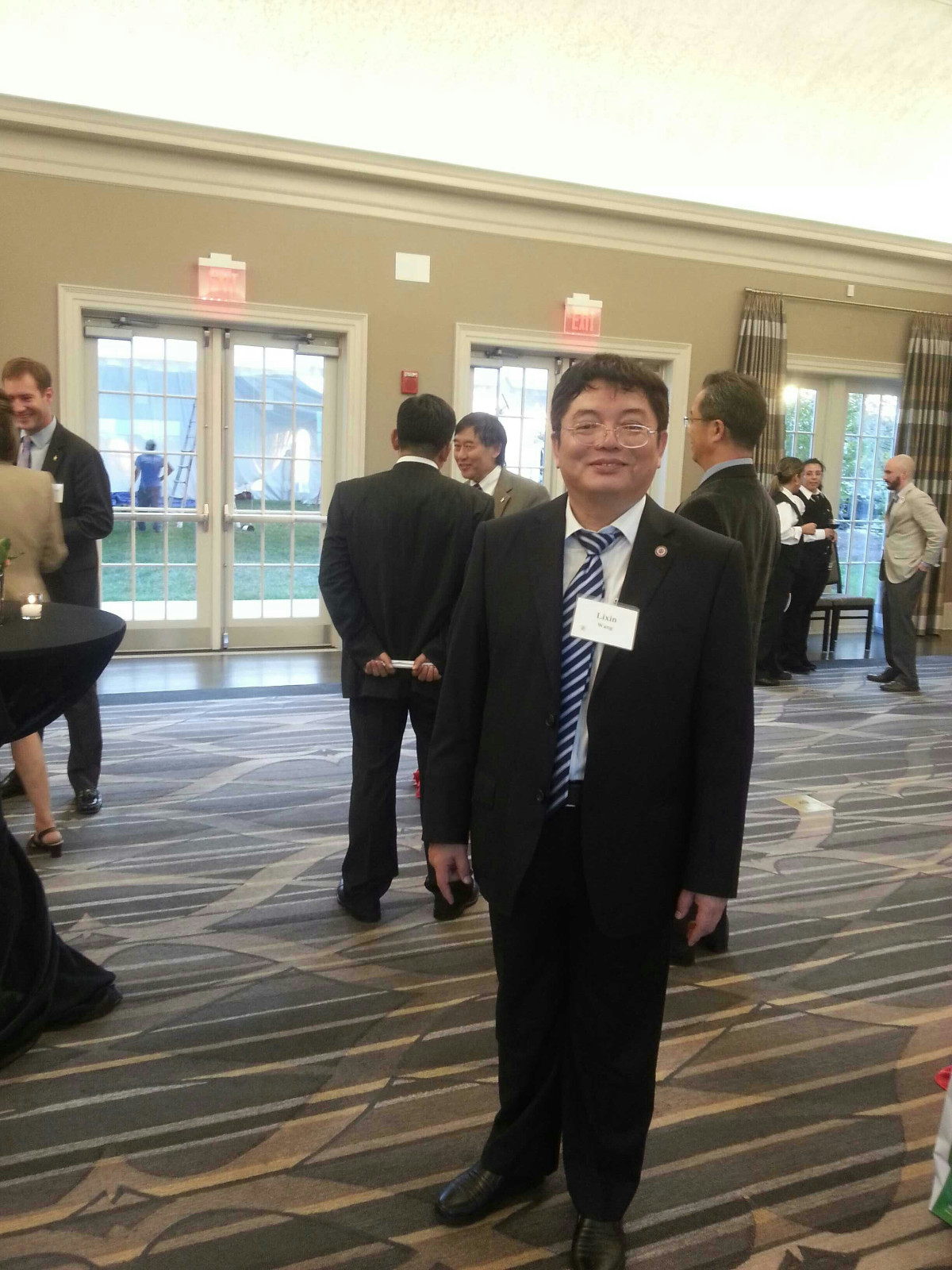
The term “Ancient Mediterranean Cultural Circle” in this project refers to the cultural entities that consisted of the various nations and states around the Mediterranean Sea and that enjoyed vertical hereditary relations and horizontal mutual influences. It began from the Sumerian Dynasty of Ur III in the beginning of the 2nd Millennium BC and ended with the Hellenization of Palestinian region in the first half of the 1st Century BC. Within this period, in the eastern Mediterranean there emerged in sequence Sumer, Egypt, Akkad, Babylon, Ancient Israel (Hebrew), Assyria, Hittite, New Babylon, and Persia, while in the western Mediterranean there emerged the various city-states of Ancient Greece and Macedonian Alexander Empire (and later, after its disintegration, the Macedonian Kingdom in Europe, the Ptolemaic Kingdom in North Africa, and Seleucid Kingdom in West Asia). With their rich creativity, these nations and states among them made glorious literary and cultural achievements within Ancient Mediterranean Cultural Circle, producing numerous significant texts in the history of both Eastern and Western literature and culture. From the perspective of literary genres, there existed in these countries’ mythology, legends, epics, prophetic literature, apocalyptic literature, wisdom literature, historical literature, stories and songs various degrees of complicated cultural influences and exchanges. The series of Hebrew classics played a central role within this cultural exchange. These classics, as represented by Hebrew Bible, Apocrypha, and Pseudepigrapha, were the gems and synthetic products of the diverse cultural factors and multiethnic literary traditions within the Ancient Mediterranean Cultural Circle. Except for some specific genres, Hebrew classics incorporated within them many literary genres from Ancient Middle East, and many of the classics were strongly influenced by Greek ideas in the Hellenistic period. The evolution of these Hebrew classics from oral texts to written ones took more than 1000 years, and all the texts of these various classics could show how they were influenced by foreign traditions and how they transcended these traditions. On the one hand, in terms of their ideas, aesthetic styles, sources and evolution of their subject matter, Hebrew classics did not come out of nothing. Instead, they took in the literary and cultural nutrients of other ancient Mediterranean nations and states and formed their national characteristics. On the other hand, from the perspective of comparative studies, Hebrew classics are the paradigmatic reference for the studies of the literature and culture of these nations and states.
This project will explore the relationship between Hebrew literary classics and the literature and culture of other nations and states against an overall backdrop of Ancient Mediterranean Cultural Circle. Based upon this, this project will be divided into several different but interrelated sub-topics. The basic contents of this project include the static comparative studies of genres, and the dynamic examination of the literary and cultural exchanges between Hebrew classics and their counterparts in the various nations and states in Eastern and Western Ancient Mediterranean. This project will also include the translation and compilation of a whole set of research materials from a great variety of literature that has been published in many different languages.
The presiding panelist of this project is Professor Wang Lixin of Nankai University, and the leading experts for the sub-topics and key members of the project include Professor Li Chichang of Chinese University of Hong Kong, Professor Wu Yuhong of Northeast Normal University, Professor Liang Gong of Henan University, Professor Li Zheng of Beijing University, Professor Li Xiaodong of Northeast Normal University and other renowned scholars in this field. Besides, many young scholars are also involved in this project.
Contact E-mail: wanglixin@nankai.edu.cn